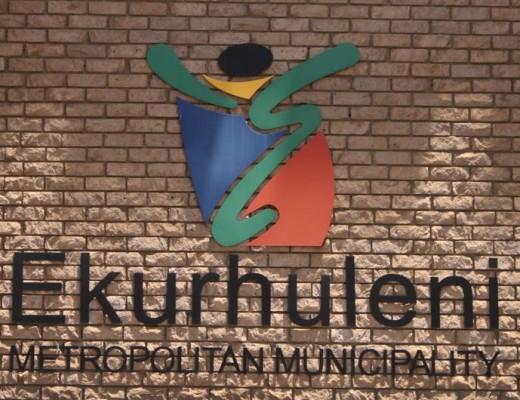Thebe Mabanga
The Ekurhuleni Community Enterprise Development Fund has reached the closing date for two of its four funds, with about 5000 people attending a total of seven information sessions hosted since its launch in December, and 3500 forms taken by acknowledged individuals, rather than random distributions.
The R 300 million fund comprises the Phanda Fund, the Ximilani Fund, as the Fetola A and B Funds, which are run in partnership with the National Empowerment Fund (NEF). Applications for the first two funds, for which the 3500 forms were distributed, have now closed while those for the Fetola are still open.
Caiphus Chauke, Head of Department at the Economic Development Department in the Ekurhuleni Metro says they will now assess the number of actual applications but are concerned with the quality rather than the quantity of applications.
Chauke said submissions will initially be examined to see whether it involves female, youth and people with disability.
Applications will then undergo a rigorous three stage assessment looking at the strength of the business plan, an inspection of where the business will be run as well as an interview with potential entrepreneur.
“Economic transformation is an imperative and SMMEs are key drivers and contributors to job creation and economic progression,” said Small Business Development Minister Khumbudzo Ntshavheni said at the time of the fund’s launch.
“We need to create an enabling environment for their growth and sustainability, through the right policies and targeted support mechanisms to ensure their participation.
Availing information on funding, reducing the cost of funding and bringing business support services closer to communities are some of the measures to unlock funding bottlenecks.”

Also at the launch, Ekurhuleni mayor Mzwandile Masina urged residents and City based businesses to take advantage of the opportunities offered by the fund, noting that it is a critical pillar of the City’s ten point economic plan and promised residents that applications will be handled in a fair and transparent manner.
The Gauteng provincial government also views small business as key drivers of economic growth and job creation and in its recently unveiled budget reiterated its commitment to pay invoices within 30 days and made special allocations to various departments for the payment of
outstanding invoices.
The Funds and how they work

· The Phanda Fund aims to support the development of community enterprises in the form of individual entrepreneurs, small, micro and medium enterprises, cooperatives, and informal traders located within the City of Ekurhuleni. This focuses on the township economy, industrialization, business services, environmental services and human development. The thresholds for this fund are from R50 000 to R1.5 million.
· The Ximilani Fund is designed to syndicate with registered organisations, organised business formations, associations and/or chambers of commerce located within the City. The funding thresholds for this fund range from R50 000 to R1.5 million.
· The Fetola A Fund seeks to partner on a 50-50 cost and risk sharing basis with development finance institutions, state-owned enterprises, corporate social investment partners, enterprise and supplier development, and private funds. Ideal partners are those organisations that exist for the sole purpose of developing black businesses. The funding range for this is from R100 000 to R6 million.
· The Fetola B Fund is a soft loan that is exclusively reserved for Ekurhuleni-based entrepreneurs. The minimum application is R250 000. This Fund is aimed at black-owned businesses, individual entrepreneurs, small, micro and medium enterprises as well as potential industrialists and will be administered by the NEF

